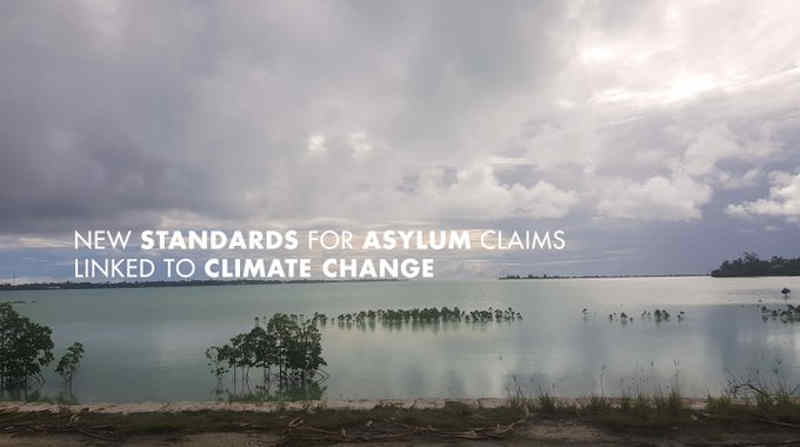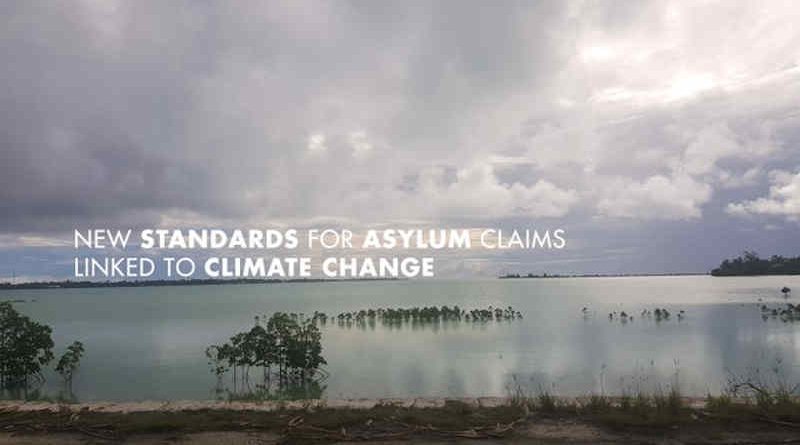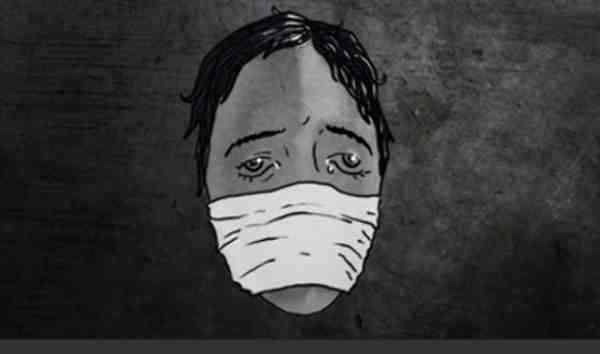UN Human Rights Case Allows Climate Change Asylum Claims

In its first ruling on a complaint by an individual seeking asylum from the effects of climate change, the UN Human Rights Committee stated Tuesday (January 21) that countries may not deport individuals who face climate change-induced conditions that violate the right to life.
In 2015, Ioane Teitiota’s asylum application in New Zealand was denied, and he was deported with his wife and children to his home country of Kiribati. He filed a complaint to the UN Human Rights Committee, arguing that by deporting him, New Zealand had violated his right to life.
Mr. Teitiota argued that the rise in sea level and other effects of climate change had rendered Kiribati uninhabitable for all its residents. Violent land disputes occurred because habitable land was becoming increasingly scarce. Environmental degradation made subsistence farming difficult, and the freshwater supply was contaminated by salt water.
[ Appeal to UN Refugee Agency to Give Environmental Asylum to People of Delhi ]
The Committee determined that in Mr. Teitiota’s specific case, New Zealand’s courts did not violate his right to life at the time of the facts, because the thorough and careful evaluation of his testimony and other available information led to the determination that, despite the serious situation in Kiribati, sufficient protection measures were put in place.
“Nevertheless,” said Committee expert Yuval Shany, “this ruling sets forth new standards that could facilitate the success of future climate change-related asylum claims.”
The Committee also clarified that individuals seeking asylum status are not required to prove that they would face imminent harm if returned to their countries. The Committee reasoned that climate change-induced harm can occur both through sudden-onset events (such as intense storms and flooding), and slow-onset processes (such as sea level rise, salinization, and land degradation).
[ Netherlands Court Orders to Protect Human Rights from Climate Change ]
Both sudden-onset events and slow-onset processes can prompt individuals to cross borders to seek protection from climate change-related harm. The Committee also highlighted the role that the international community must play in assisting countries adversely affected by climate change.
The Committee stated that without robust national and international efforts, the effects of climate change in sending states may trigger the non-refoulement obligations of receiving states and that – given that the risk of an entire country becoming submerged under water is such an extreme risk – the conditions of life in such a country may become incompatible with the right to life with dignity before the risk is realized.
The ruling marks the first decision by a UN human rights treaty body on a complaint by an individual seeking asylum protection from the effects of climate change.
The Human Rights Committee monitors States parties’ adherence to the International Covenant on Civil and Political Rights, (ICCPR) which to date has 172 States parties. The Committee is made up of 18 members who are independent human rights experts drawn from around the world, who serve in their personal capacity and not as representatives of States parties.
The ICCPR’s Optional Protocol, which to date has 116 States parties, establishes the right of individuals to complain to the Committee against States which violated their human rights.
The Optional Protocol imposes an international legal obligation on State parties to comply in good faith with the Committee’s Views.





